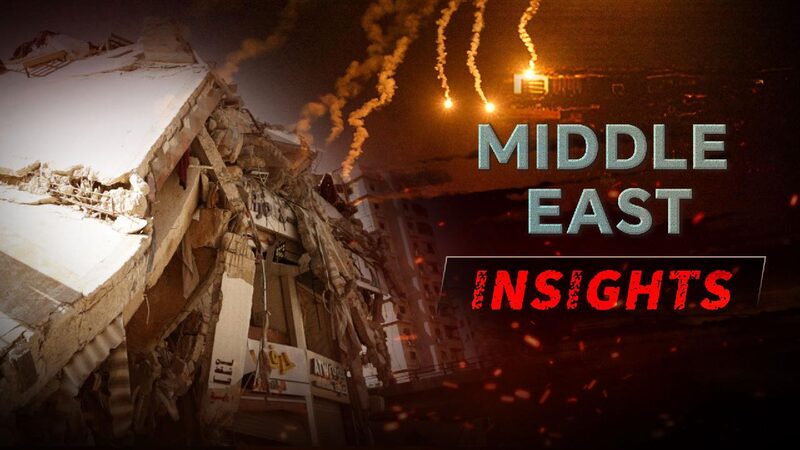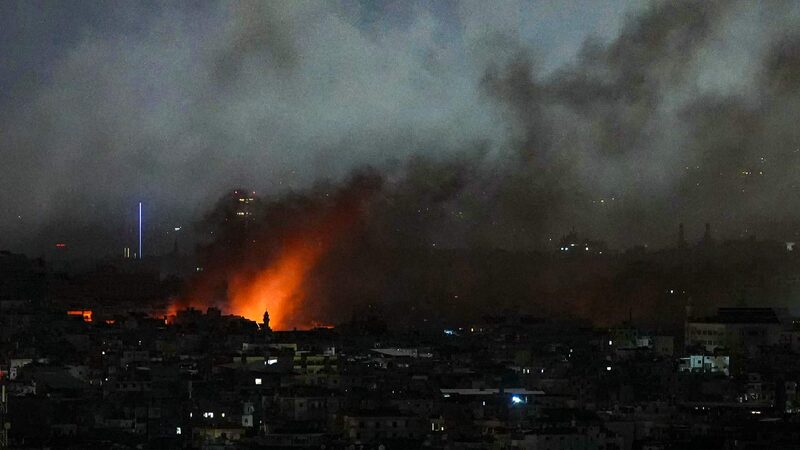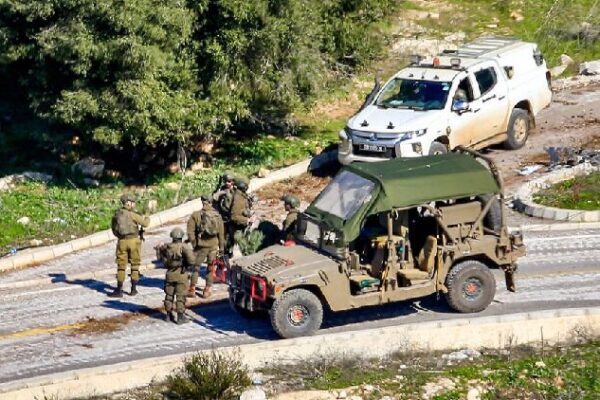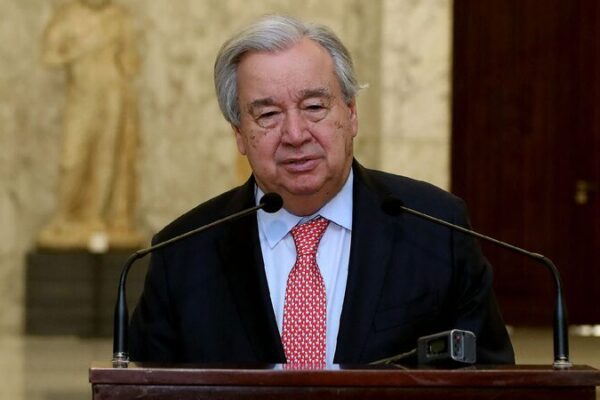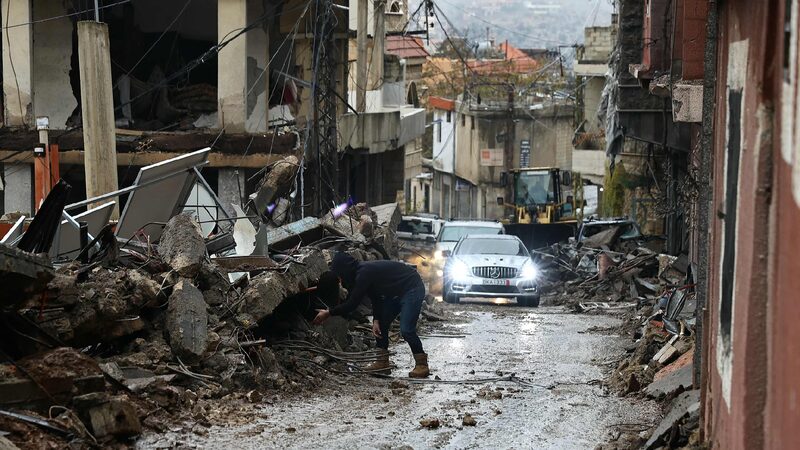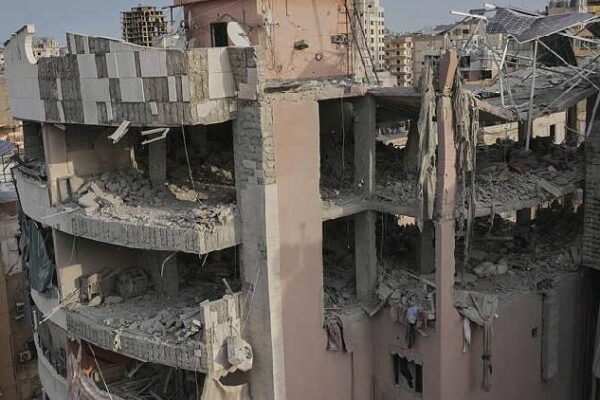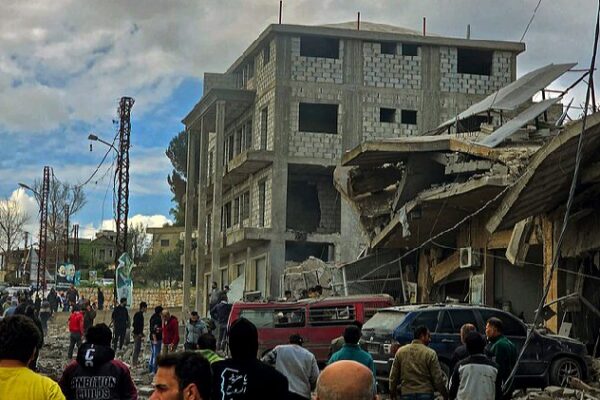Lebanon’s Journey in 2024: From Conflict to a Glimpse of Peace
As 2024 comes to a close, Beirut’s Rafic Hariri International Airport is abuzz with activity. Many Lebanese are returning home to reunite with their families and welcome the new year. The past year has been incredibly challenging for Lebanon, marked by intense conflicts and a struggle for stability.
Escalation between Hezbollah and Israel
In the backdrop of the ongoing Israel-Palestine tensions, Lebanon found itself drawn into the fray. Hezbollah, based in Lebanon, launched attacks on northern Israel in support of Hamas. Israel responded with airstrikes targeting Hezbollah positions in southern Lebanon.
The skirmishes escalated dramatically when, on January 2, a drone strike in Beirut’s southern suburbs claimed the lives of seven individuals, including a key Hamas leader. This was a significant turning point, marking the first attack on Lebanon’s capital during this conflict.
Events spiraled further when Israeli forces expanded their operations, leading to intense clashes and devastating bombings across Lebanon. Notably, the conflict reached unprecedented levels after the death of Hassan Nasrallah, Hezbollah’s secretary-general, in an airstrike.
A Ceasefire Brings Hope
After months of escalating violence, international mediation efforts finally bore fruit. On November 27, a ceasefire agreement between Israel and Hezbollah took effect. Key provisions included a halt to offensive actions by both sides, reaffirmation of UN Resolution 1701, and the establishment of a monitoring committee involving the U.S., France, and UNIFIL.
Lebanon’s caretaker Prime Minister welcomed the agreement, and efforts began to stabilize the region. Hezbollah’s new leader pledged commitment to the ceasefire terms, offering a glimmer of hope for lasting peace.
Challenges Ahead for Lebanon
Despite the ceasefire, Lebanon faces an uncertain future. Occasional violations have tested the fragile peace, and both sides remain wary. The political landscape is also tumultuous, with the presidency remaining vacant for over two years. An election scheduled for January 9, 2025, could be pivotal for Lebanon’s governance.
Economically, the country is reeling. Prior to the conflict, Lebanon was already suffering from a severe economic crisis. The recent violence has exacerbated the situation, leading to massive property losses, a sharp decline in GDP, and soaring unemployment rates.
On the streets of Beirut, emotions are mixed. Interviews reveal a populace weary from conflict yet hopeful for a brighter future. Many express a deep desire for true peace and a better life in the coming years.
Looking Forward
As Lebanon stands at a crossroads, the resilience of its people shines through. The path to recovery and stability is steep, but with continued efforts toward peace and unity, there is hope that Lebanon can overcome these challenges and build a stronger future.
Reference(s):
Middle East Insights 2024: Escalating conflicts, an uncertain future
cgtn.com
